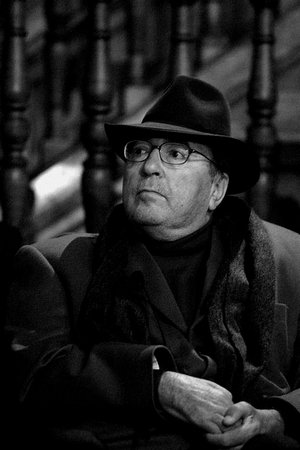
Manu Leguineche
Spanish writer and journalist, born in 1941 in Arrazua (Arratzu in Basque language), a small village in Biscay, Basque Country, Spain. Winner of the National Journalism Award in 1979, he is the author of a varied literary and essayistic production. His essays include Los topos (1977), El camino más corto... (1978), El estado del golpe (1981), and La destrucción de Gandhi (1983); in narrative, La tribu (1980); and his plays include Sobre el volcán (1985) and La guerra de todos nosotros (1986). In 1998, he publishes the essay Yo te diré…, which recounts the last days of the Philippines as a Spanish possession, and Yo pondré la guerra, in which he pays tribute to his colleagues of the last century who covered the war in Cuba. In 1999, he pays tribute to the pleasures of country life with La felicidad de la tierra, a praise of the open horizon of rural life, after retiring to live in a stone house without electricity in a small town in Guadalajara. In September 2000 he presents The Land of Oz, a journey through the contradictions of Australia. The prestigious reporter and writer also ventured into the world of celluloid to direct in 2001 the documentary Innocent Truth, a forty-minute film on the tragedy of Afghan children exiled by the war. He returns to narrative reportage in 2002 to edit Gibraltar, la roca en el zapato de España and with the journalistic novel Madre Volga, in 2003. He passed away in 2014.
También conocido como:
Manuel Ángel Leguineche Bollar
